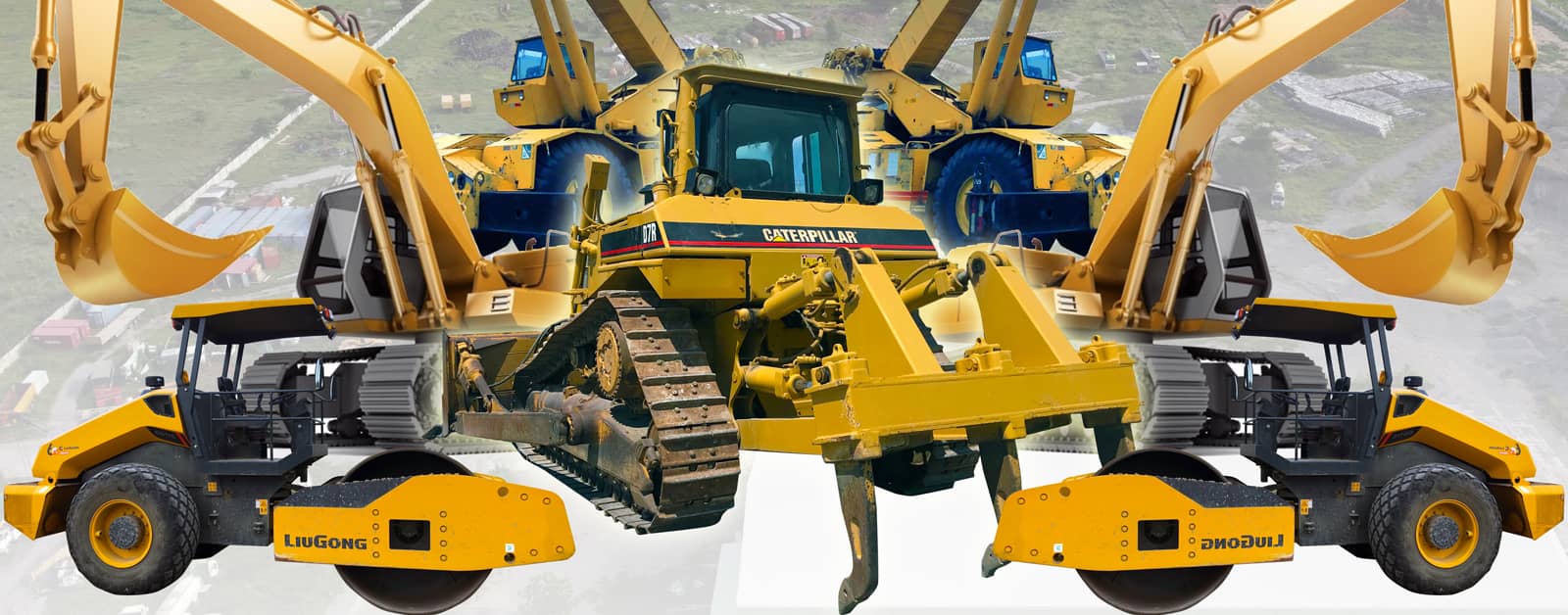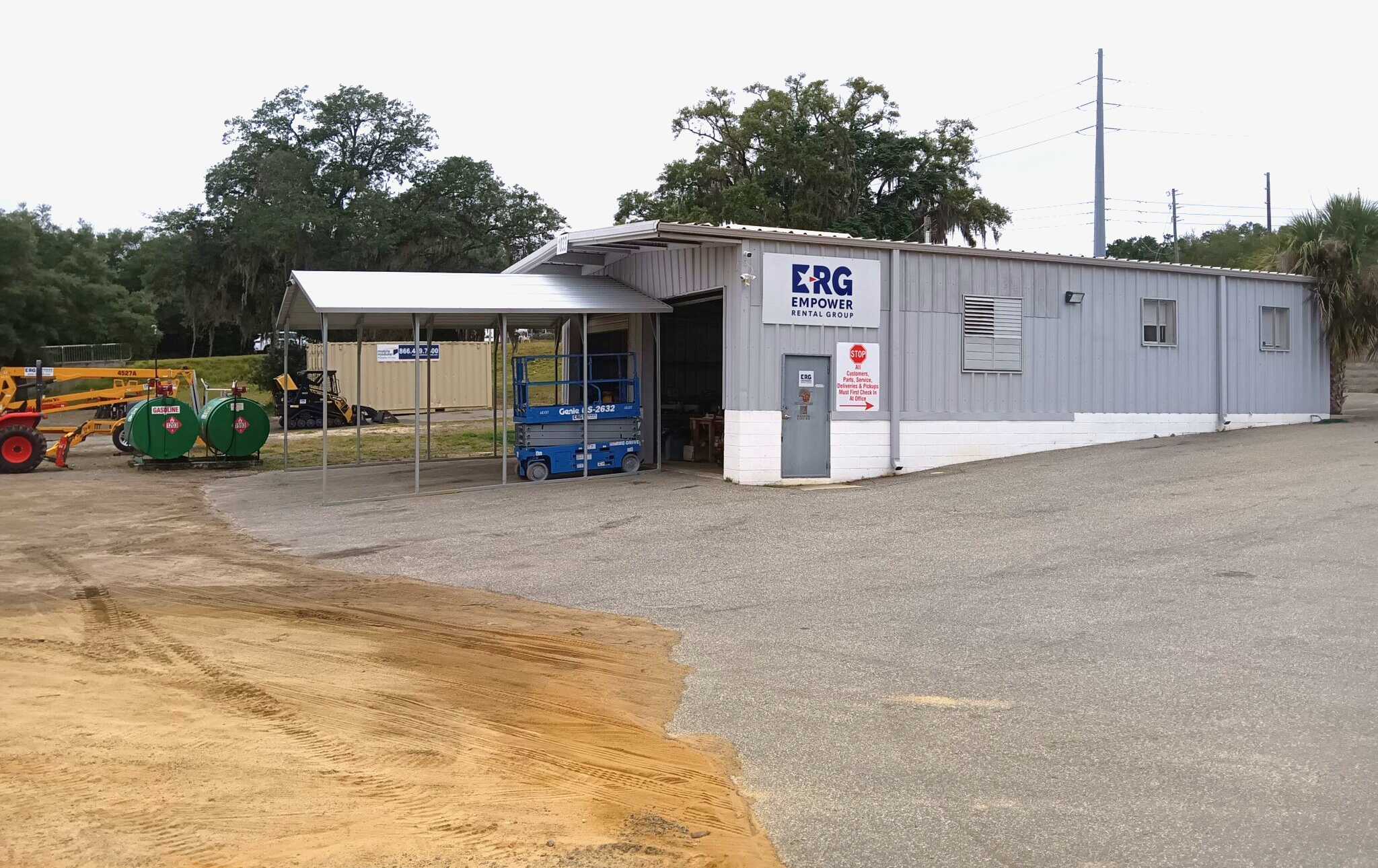A Detailed Review of Heavy Devices Rental Options: Finding the Variety Of Machinery Available for Various Building Needs
With a wide selection of rental alternatives readily available-- from excavators and excavators to specialized machinery like telehandlers and crushing equipment-- recognizing the specific demands of a task is vital. As we check out these elements, a clearer image will certainly emerge of how strategic equipment leasing can maximize building and construction end results.


Kinds Of Heavy Devices Rentals
When thinking about hefty equipment leasings, it is crucial to understand the different kinds readily available to meet certain task needs (equipment rental company). Heavy devices can usually be classified into several distinct groups, each developed for particular applications in building and construction, excavation, and product handling
Excavators, as an example, are versatile machines optimal for digging and demolition tasks. They are available in different sizes, consisting of mini-excavators for smaller jobs and larger models for heavy-duty applications. Similarly, bulldozers are powerful machines primarily used for grading and relocating planet. Their durable layout enables them to operate popular conditions.
One more group consists of loaders, which are utilized for lifting and carrying materials. Front-end loaders are particularly usual on building and construction websites for moving bulk products like crushed rock and sand. Furthermore, telehandlers incorporate the performances of a forklift and a crane, providing flexibility for lifting materials to raised locations.
Squashing and screening equipment is also essential for jobs involving accumulation processing, while airborne lifts improve safety and gain access to for workers at height. Understanding these numerous types of hefty devices is essential for picking the best equipment to guarantee project effectiveness and effectiveness.
Advantages of Renting Tools
Renting heavy tools provides countless advantages that can dramatically enhance task efficiency and cost-effectiveness. Among the key benefits is the decrease of upfront capital investment. By choosing to rent out, companies can assign their funds to other essential locations of the task, such as labor and products.
Additionally, rental contracts often include upkeep and repair services, which eases the burden of equipment upkeep and linked prices. This ensures that the machinery is always in ideal functioning problem, minimizing downtime and making best use of productivity.
Versatility is one more vital benefit. Renting allows business to choose the certain tools required for each and every stage of a project, avoiding the inefficiencies of using unsuitable machinery. Moreover, this adaptability encompasses the period of rental terms, suiting differing task timelines without the dedication related to acquiring tools.
Lastly, renting provides accessibility to the most recent modern technology and equipment advancements, making certain that organizations can utilize advanced devices without the risk of obsolescence. Overall, the advantages of renting out heavy equipment add to structured operations, enhanced task monitoring, and enhanced financial efficiency.
Trick Considerations for Rental
While the benefits of renting out heavy equipment are clear, numerous essential considerations need to guide the decision-making process. Firstly, job requirements have to be exactly defined. Recognizing the particular jobs and the types of machinery needed will help guarantee the right rental selection, thereby optimizing both efficiency and efficiency.
Another essential variable is the rental duration. Whether the tools is needed for a short-term project or a longer endeavor will certainly influence the rental terms and expenses. It's essential to analyze whether a daily, once a week, or monthly rental framework is most economical based on the awaited use.
Expense is certainly a considerable worry. Beyond the rental charge, added expenses such as shipment, insurance policy, and maintenance ought to be taken into consideration. Evaluating the overall price of ownership versus rental can produce understandings right into the most economically audio selection.
Popular Equipment for Construction
Building jobs count greatly on a variety of machinery to make sure performance and accuracy. Amongst the most popular devices used in building and construction are excavators, which are essential for digging and earthmoving tasks - heavy equipment rental. Their flexibility enables them to carry out tasks ranging from trenching to demolition, making here them important on task sites
One more important tool is the bulldozer, known for its ability to push large amounts of soil and debris. navigate to this site This heavy equipment is often employed for website prep work and grading, making sure a level foundation for subsequent building tasks. Likewise, backhoe loaders integrate the functionalities of a tractor, loader, and excavator, offering flexibility for numerous jobs such as digging, lifting, and transporting products.
For training and relocating heavy objects, cranes are essential. They are available in various kinds, consisting of tower cranes and mobile cranes, each developed for specific applications, from high-rise building to heavy training on smaller websites. Additionally, concrete mixers are important for ensuring harmony in concrete mixes, facilitating prompt pouring and establishing.
How to Pick a Rental Business

Next, examine the variety and condition of their devices. A varied fleet ensures you can discover the specific machinery required for your task, while well-maintained devices decreases the risk of malfunctions throughout crucial stages. Ask about the mobile heavy machinery age of their equipment and request upkeep records if essential.
Pricing is one more vital factor. Compare rental rates among various firms, yet also consider what is included in the cost, such as shipment, upkeep, and insurance coverage. Clear rates frameworks can aid avoid unexpected expenses in the future.
Check for flexibility in rental terms to suit any type of modifications in your job timeline. By carefully thinking about these elements, you can select a rental business that lines up with your particular building and construction requirements.
Final Thought
In recap, the heavy devices leasing sector offers a comprehensive choice of equipment tailored to diverse construction demands. Inevitably, notified choices regarding heavy equipment leasings add substantially to the successful implementation of building projects, no matter of their range or complexity.